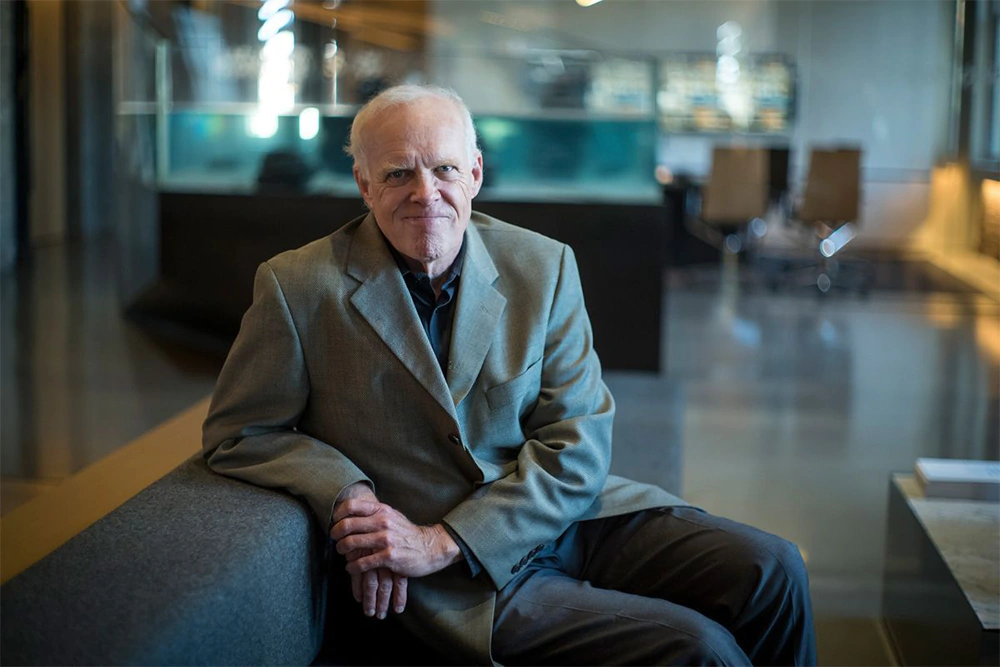The AI field was dull and quiet, and the buzz it created mostly happened within its own field, and rarely reach far beyond its own audience.
But when OpenAI introduced ChatGPT as a AI chatbot tool, the internet was quickly captivated. This is because the AI is able to do a wide range of tasks, including writing poetry, technical papers, novels, and essays.
And when others, like Microsoft, started embedding the technology into Bing and Edge, and that even the underdog Opera wants to use it to power parts of its web browser, Google is starting to worry.
And when OpenAI starts monetizing ChatGPT with ChatGPT Plus, Google was certain that it had to move fast.
Following the CEO Sundar Pichai's "code red" that brought back Google founders, Larry Page and Sergey Brin, Google got too carried away, and was too ambitious.
By hurrying things up, and doing things in a rush, Google made Bard a $100 billion mistake.

During a talk at the TechSurge conference, John Hennessy, the Chairman of Google parent company Alphabet, shared his thoughts about the wildly successful and hotly-debated ChatGPT.
After making headlines when it fired of its engineers for saying his belief that LaMDA AI had gained sentience, Google's Bard chatbot, which is powered by LaMDA, made a factual error.
To users, this may mean nothing. But for this shows how the AI is still unreliable, and it happened because Google was rushing its development and introduction.
Just days after that botched rollout demonstration, it was reported that some Google employees were displeased with Bard, with someone even going so far as creating an internal meme to suggest that the company has turned into a veritable "dumpster fire."
The disgruntled Google employees felt like Bard's disastrous debut was a rush job in response to ChatGPT's success.
And here, Hennessy admitted that OpenAI had beaten out Google on the release of its chatbot.
While ChatGPT can also make mistakes, and screw up from time to time, but OpenAI is not Google.
OpenAI is much smaller and much less significant than Google in terms of size in global influence.
It's a lot less restricted, too.
What this means, OpenAI is a lot more nimble, and this allows it to propel itself forward with more confidence and less hesitation, and that it can also afford to take risks that Google cannot.
Google is among the most-used consumer products, with Google Search, YouTube, Android, Maps and more under its umbrella.
"You don’t want to put a system out that either says wrong things or sometimes says toxic things," Hennessy said, adding that the tech industry has to be "a little more careful about the situation we create in civil society."
"I think these models are still in the early days — figuring out how to bring them into a product stream and do it in a way that’s sensitive to correctness, as well as issues like toxicity."
"I think the industry is struggling with that."
Hennessy also said that he’s impressed with ChatGPT’s abilities, and that it is moving faster than he anticipated.